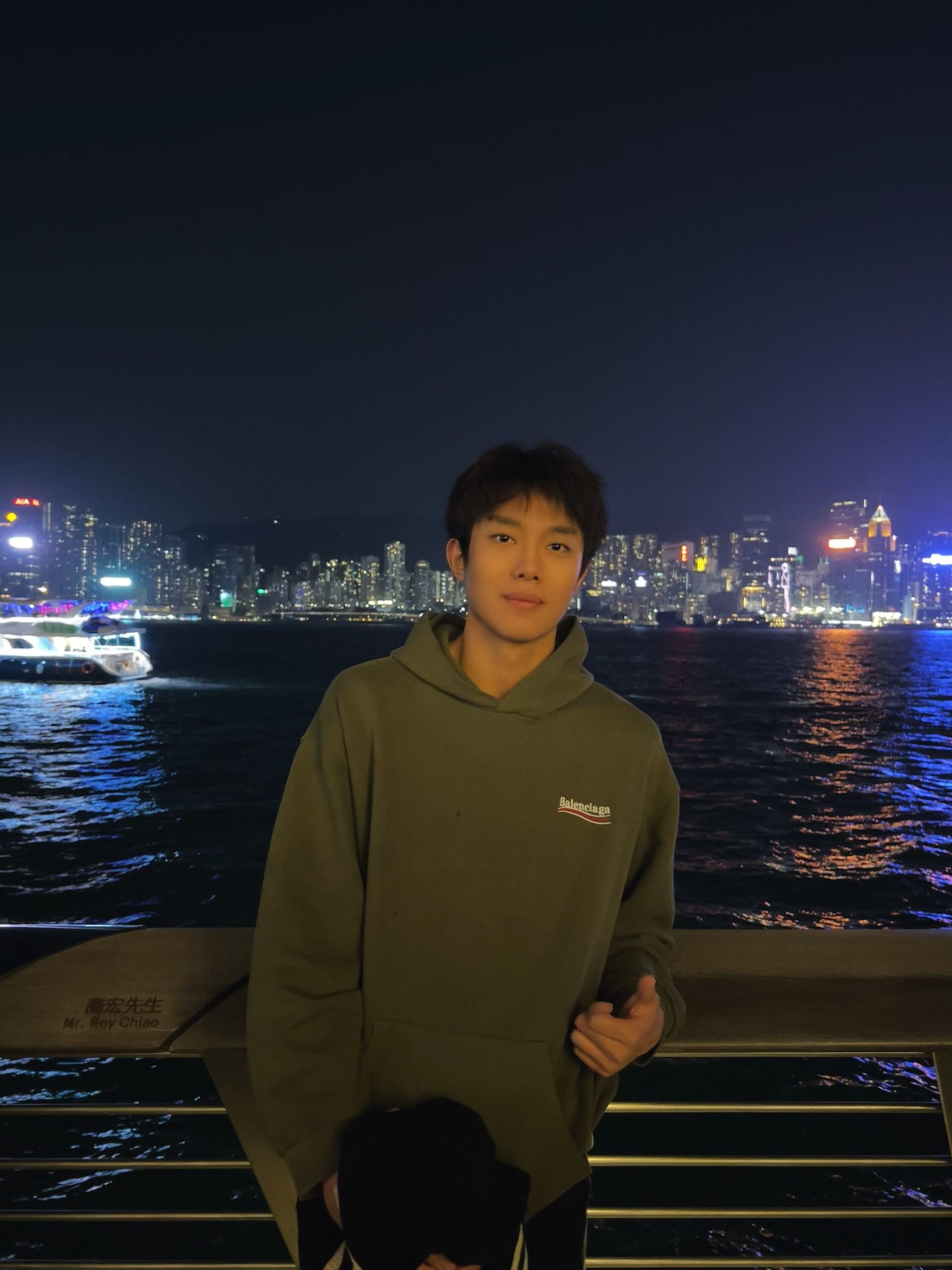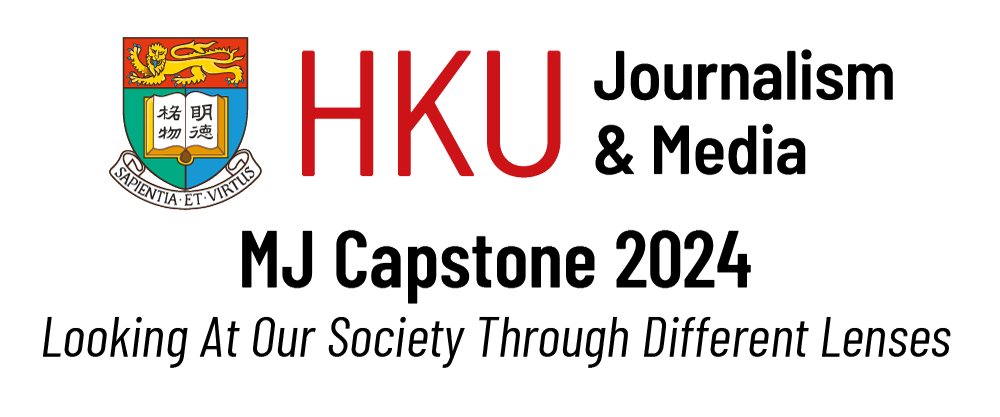Introduction
Young generation who born as a digital natives, are growing up in a society where AI technologies are becoming increasingly integrated into their daily lives. From learning experiences to voice-activated virtual assistants, AI is reforming education industry. However, AI can also bring problems of over-reliance as well as lack of creativity.
In this article, we discuss the opportunities and challenges presented by AI technology from different groups people’s views, and hopefully this can guide young generation as they navigate their future in an increasingly AI-driven world.
“This AI robot is like a teacher, a friend, a versatile Doraemon, and a caring older sister,” Qiqi’s mom Ms.Tang said.
As a primary school student, the main AI tools that Qiqi uses are Huashuyun, Xiaoyu AI and Doubao, which are apps that are used on mobile terminal, mainly for chatting, generating pictures and polishing compositions.
Ms Tang said that she was supportive of Qiqi’s use of AI in general, however there are still some worries about it. For example, the robots sometimes take up the time Qiqi spends on playing with children of her age in real life. Many children who love AI tools would spend a lot of extracurricular time on chatting with AI robot, which may replace real-life contact with their friends and families. Secondly, using AI to correct and help with homework will reduce some of the processes children training themselves.
Overall, AI can help Qiqi broaden her horizon and learn a lot of knowledge that is not in the textbooks.Besides, AI can help answer questions that parents sometimes don’t know about, which also convenient parents nurturing.
But in general, Ren still thinks that the benefits of ChatGPT far outweigh the disadvantages. “It saves you from the repetitive works and allows you to focus on innovative ideas and critical thinking. It’s like getting yourself a secretary.”
For those drawbacks, he feels they can be overcome through self-control.

Moreover, he thinks that simply giving a prompt for ChatGPT to solve a problem does not work well in research, the idea of solving the problem is given by the tool, which is not beneficial to research.
When asked about his intention to study deeper AI technology, he said “ I have courses involving the underlying logic of AI, which are mandatory course in my undergraduate school. And also with the development of AI technology, the threshold of using it will continue to lower so that non-professional groups can also easily use it.
When asked about their views on possible divides caused by AI, both Ren and Zhang said that they have used the AI tools more often when coming to Hong Kong. And students in mainland do know less about it and seldom use it because of ChatGPT’s regional firewall restrictions.
“Basically most of my undergraduate classmates have never used it, or to say more than half of them, at least not for a long time as an aid to scientific research” said Zhang.
When it comes to AI’s access in some remote areas, they almost unanimously think that AI access is the same as the computer, as long as they have internet. It’s more about their own demands. There will not be such intelligence divide caused by economic inequality.
And she noticed that the difference between Hong Kong and mainland is that in Hong Kong teacher will not avoid mentioning it and prohibit students from using it. While in mainland it has less understanding and permission of AI.

Professor Zhang mentions that schools and families play an important role in this process, whether the basic education of schools includes the cultivation of AI ability, whether the teaching concept pays enough attention to the development of technology, and how families balance the education of digital technology and the cultivation of abilities other than digital technology will all have a non-negligible impact on the young generation.
Professor Lei believes that the development of AI technology, as the fourth industrial revolution, has changed people’s mode of production and life, and is a great example of technology changing life. Professor Lei holds a conservative view towards its effect to education. He believes that it is positive that AI technology can be applied to education and teaching, but because the policy can only play an encouraging role, the radiation range is small. Only some of the students in tier one universities (Project 985 and project 211 )can have access to the corresponding technical resources, it will inevitably bring about some of the problem of educational inequality.
However, Professor Lei is optimistic about the possible dependence of young generation.
Hold on! Give it a try to test your basic knowledge about AI!
Advisor: Foon Lee
Producer: Zixiao Guo & Xinyu Lin
Thanks to Professor Zhang Hong, Professor Lei Yuxi, Stella Lin,Ren, Song, Zhang, Qiqi, Ms Tang Zhouyan
